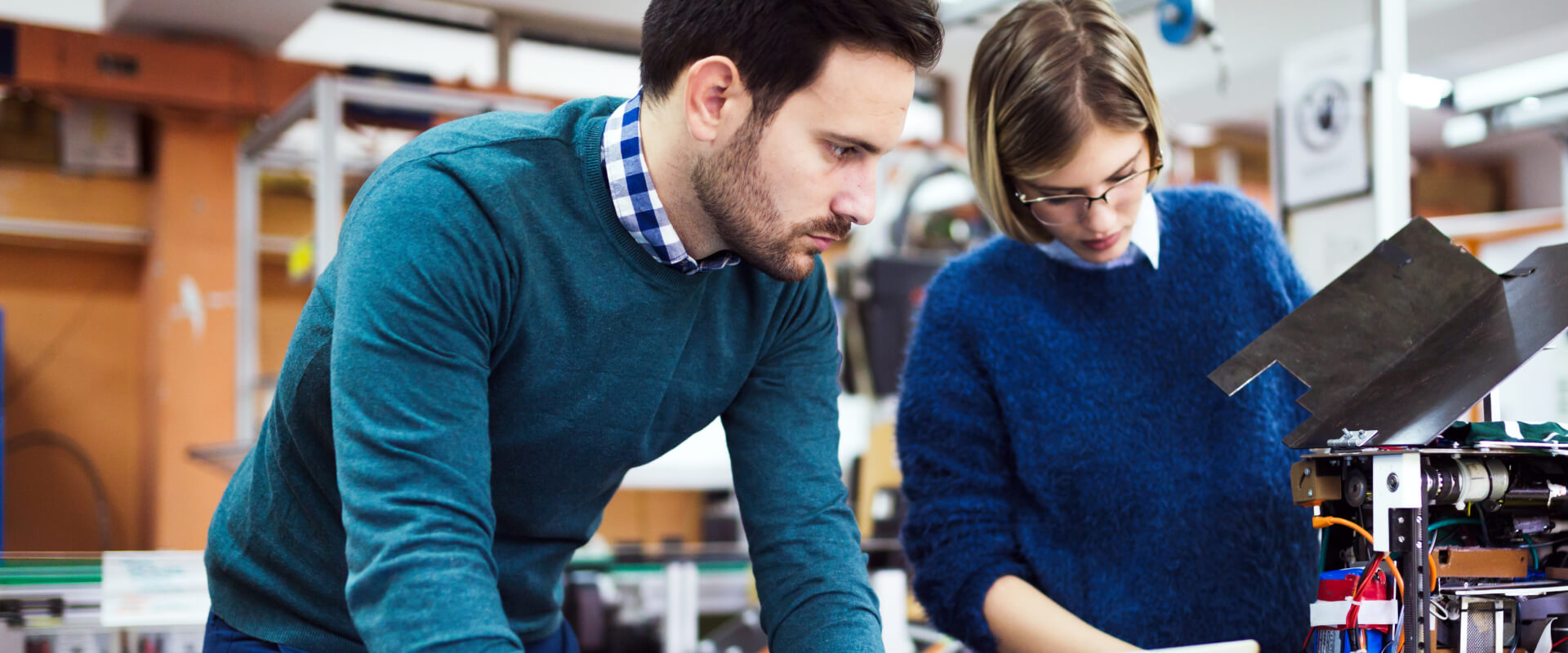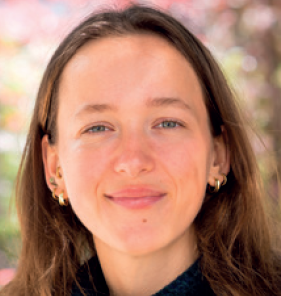Sustainability with Environmental Sciences
BSc (Hons) (NFQ Level 8)

Course Video
Curricular information is subject to change.
Open AllAcross the four years of this degree subject, you will develop interdisciplinary skills and knowledge on sustainability, spanning its environmental, societal and economic aspects. In this degree subject, there is a particular focus on science and technology to understand and address climate change and the degradation of our natural environment.
You may choose to become progressively more focused on earth sciences including climate change, environmental biology including conservation and environmental management or aspects of engineering and technology, including transport, waste management and sustainable energy solutions. You will also develop a range of attributes such as critical thinking, problem-solving, teamwork and ethical competency, which will be transferable to a range of settings.
First Year
Sustainability with Environmental Sciences is one of the degree subjects available through the common entry Sustainability DN240 course. Students study a common first year for the three Sustainability degree subjects and at the end of first year, students choose their degree major. Assuming students meet all the academic requirements, students are guaranteed their degree major, which they study in second, third and fourth year.
Each year has a range of interesting core (compulsory) modules related to each of the three areas of sustainability, as well as option modules in your degree major. Indicative modules included are as follows:
- Introduction to Sustainability
- Sustainability Challenges
- Principles of Scientific Enquiry
- Practical Statistics
- Mapping a Sustainable World
- Environmental Change & Policy
- Business in Society
- Economics
Second Year:
- Sustainability Research Tools
- Careers & Innovation in Sustainability
- Mathematics
- Chemistry
- Global Environmental Change
- Life on Earth
- Weather, Climate & Climate Change
- GIS for Sustainability
- Animal Behaviour
- Principles of Microeconomics
Third Year:
You will participate in an international field course and have opportunities including an overseas exchange for one trimester and/or a substantial internship. Modules include:
- Sustainability Field Trip
- Working with Biological Data
- Waste Management
- Systems Ecology
- Wildlife Conservation and Fisheries Management
- Geoscience for Sustainability
- Social Policy, Social Justice and the Environment
- Marketing: An Introduction
Fourth Year:
- Internship in Sustainability
- Sustainability Research Project
- Global Change Ecology
- Environmental Assessment
- Geomaterials and Geoenergy
- Life Cycle Assessment
Throughout each academic year, you will be assessed through a range of continuous assessments such as essays, projects, presentations and creative outputs, terminal examinations, practical classes and fieldwork.
There will be opportunities to apply for exchange programmes and an international field trip is a core component of the third year experience. Students will also have the opportunity to research and apply for international internships with relevant industries and employers. Placements are secured through a competitive process.
An interdisciplinary education in sustainability theory, policy and practise will equip you to work in areas such as renewables, clean technology management and energy efficiency, or advise industries on social and environmental strategies.
Many opportunities also exist in international organisations such as the UN, the European Environment Agency and the European Commission, government departments and state agencies such as the Environmental Protection Agency and the National Parks and Wildlife Service and in local authorities and Non-Governmental Organisations.
“When choosing what to study at university, I didn’t want to limit myself to a specific field but knew I wanted sustainability to be my focus. Something that drew me to this course was the freedom of choice – in only my first year, I have been able to take a range of interdisciplinary modules and discover interests I never knew I had. The Sustainability modules encourage us to think critically and apply a future-focused lens to the wide range of subjects we study. I can’t wait to delve deeper into my chosen degree subject of Environmental Sciences over the next few years and hopefully start a career that brings about positive change.”
Hannah Kerr, Student
Dr Adam Kane,
Kirsten Southard, Programme Manager
UCD School of Biology & Environmental Science,
Belfield, Dublin 4
Tel: +353 1 716 2389
Email: sustainabilty@ucd.ie


